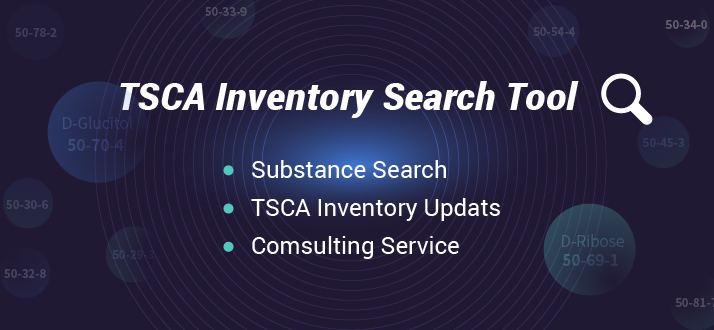Status Quo of Pesticide Reevaluation in China
Mar. 23rd, 2022
Canada Concludes Final Re-evaluation Decision for Imidacloprid
May. 27th, 2021
Brazilian Agrochemical Application Area up 7 percent in Q1, 2021
May. 27th, 2021
Brazilian Agrochemical Application Area up 7 percent in Q1, 2021
May. 27th, 2021
2019 Compliance Review: China Pesticides
Mar. 24th, 2020
A Group of Spodoptera Frugiperda That Must Be Destroyed
Mar. 01st, 2020
